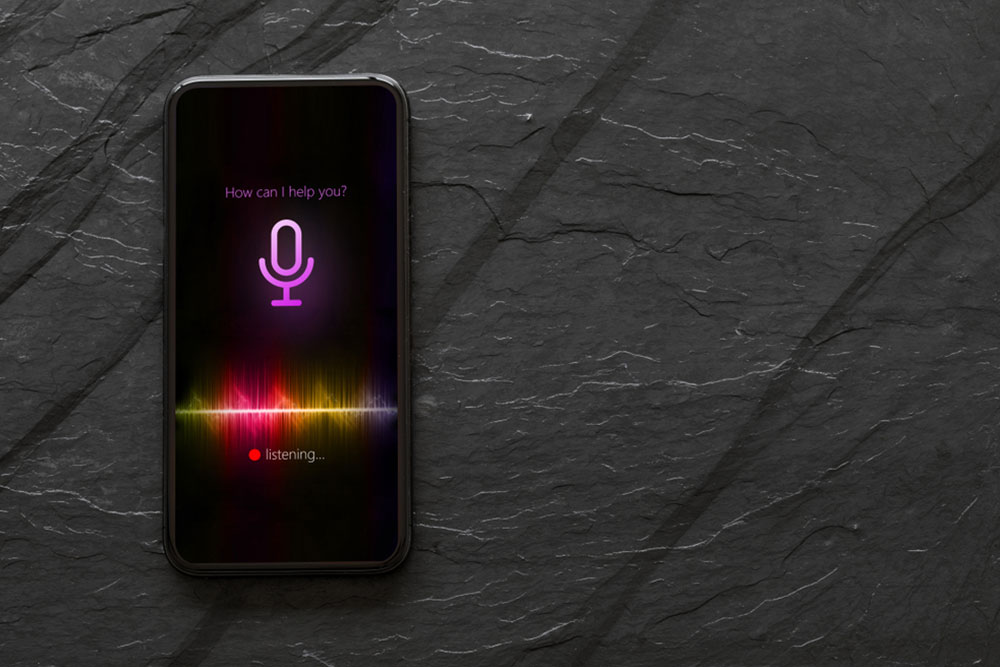Voice assistants – The next big thing in technology

Not just smartphones, a number of smart devices at home as well as workplaces have become an integral part of our everyday life. Voice assistants, at the moment, are the hottest products in the market. These devices can simplify daily tasks by resolving general queries, streaming music, finding local businesses, and ordering products and services. Some research suggests that by 2020, 30% to 50% of the total internet searches will be done employing voice assistants. Pretty cool, huh? However, is it really worth buying? Read further to find out.
How can voice assistants benefit you?
Apart from the obvious advantage that they can instantly look up for the information you demand, voice assistants can undertake a number of tasks. Right from acting as a recipe guide to reminding you about daily errands, virtual assistants are truly intelligent digital companions. Likewise, these tiny know-it-alls can be integrated with other home devices such as smartphones, televisions, audio systems, phones, or even light bulbs or coffee makers. All you need to do is be ready with your next command, sometimes without even having to lift a finger. Not just for tech geeks or busy parents, such form of accessibility and convenience can be incredibly useful for people with disabilities and seniors as well.
Why do people seem reluctant to use it?
Virtual assistants can have unbridled access to one’s personal information. Therefore, consumers are apprehensive about the loss of security and privacy. The data and consumer’s search patterns can be used to monetize by the makers for targeted marketing. Moreover, unsecured devices at home risk being hacked. Not just for stealing digital data, cybercriminals can even use these to figure out the user’s address and daily schedule.
Another drawback of a voice assistant is that it can’t determine whom it is conversing with. There have been instances of TV noise in the background or a child’s voice to initiate unauthorized purchases. At the same time, such inaccuracy also indicates that voice assistants can unintentionally record private conversations and store it in the database.
Are we ready to let voice assistants take over?
Honestly, not yet! Voice assistants will be able to tap their potential in the next couple of years only if the manufacturers address concerns including the loss of privacy, the inefficiency, and the security issues. The good news is that technological biggies are working on making voice assistants more human as well as secure. Needless to say, the next 2 to 3 years are critical for brands like Amazon, Apple, Google, and Microsoft to streamline processes for their voice assistants to deliver a more fulfilling user experience.



